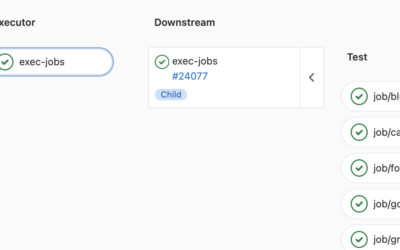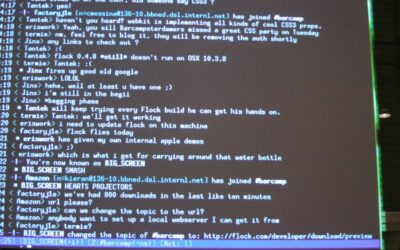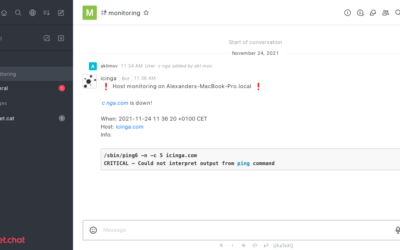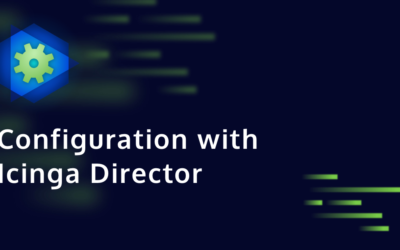We at Icinga / NETWAYS (yes, that’s the order) held an internal event recently. It’s name was Knowledge Days and I got to to talk about how I review code. Now, I will share my knowledge with you!...

Code Reviews – How do they work?
We at Icinga / NETWAYS (yes, that’s the order) held an internal event recently. It’s name was Knowledge Days and I got to to talk about how I review code. Now, I will share my knowledge with you!...

Infrastructure Monitoring Checklist: What you should monitor
You want to monitor your infrastructure? Monitoring is essential to ensure system stability, security and optimal performance. Without proper monitoring, small issues can quickly escalate into major problems and affect productivity and service availability. While...
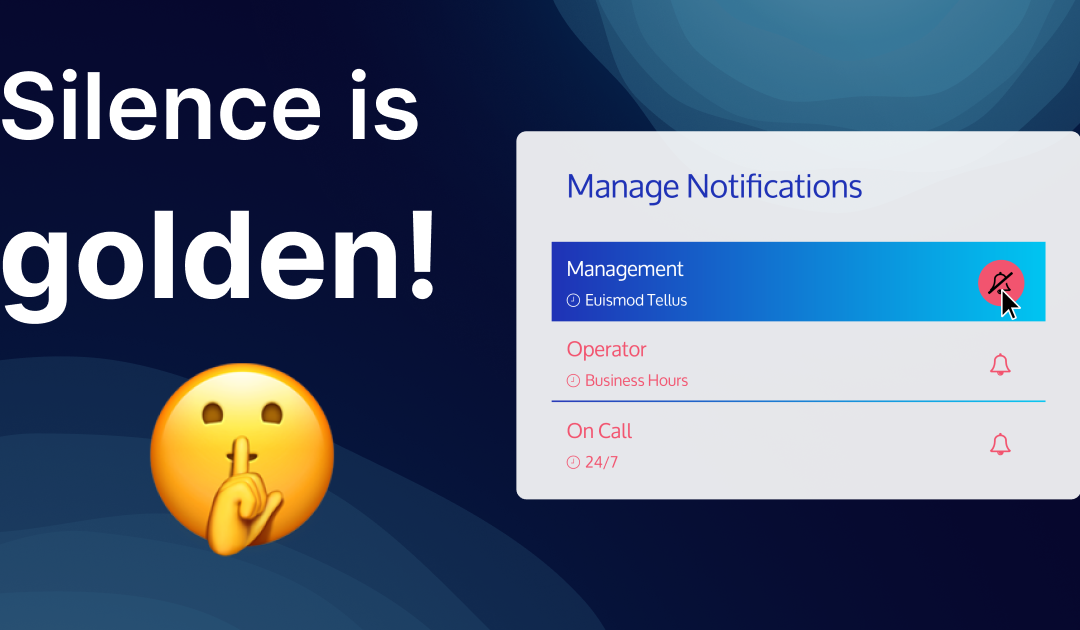
Icinga Notifications: Incident muting
In a previous article, Julian provided a comprehensive overview of the characteristics and functionality of Incidents in Icinga Notifications. In today's blog, I will explain the concept of Incident muting and its underlying mechanisms. What is Incident Muting? The...
Parameterizing GitLab CI/CD?
While doing packaging for Icinga, I noticed we have a lot of YAML files describing GitLab pipelines doing very similar jobs. The same build job across different operating systems. That’s wasteful behaviour, which leads to a bigger workload when it comes to modifying...
Icinga 2 IRC notifications. The complete guide
A few months ago I wrote about sending notifications to Rocket.Chat. While that messaging tool is quite powerful, one may also prefer to keep it simple. So let's also address the good old IRC. No test system? No problem! Setting up an IRC daemon is pretty easy:...
Why you need network monitoring?
Network monitoring is a continuous analysis of a network to detect and correct any performance issues. Network monitoring involves collecting network statistics to determine the quality of services offered by the network. With tools like Icinga, it's possible to...
Icinga 2 Rocket.Chat notifications. The complete guide
About one year ago the NETWAYS colleagues showed you how to let Icinga 2 notify users through XMPP/Jabber. Now it's time to also cover the somewhat more fancy Rocket.Chat. No Rocket.Chat? No problem! Setting up a test system is pretty easy: Clone this Git repository...
Installing Additional Modules in the Icinga Web 2 Docker Container
The Docker images we provide for both Icinga 2 and Icinga Web 2 already contain quite a number of modules. For example, the Icinga Web 2 image contains all the Web modules developed by us. But one of the main benefits of Icinga is extensibility, so you might want to...
How to monitor a web server running NGINX|httpd
Web servers are software services that store resources for a website and then makes them available over the World Wide Web. These stored resources can be text, images, video and application data. Computers that are interfaced with the server mostly web browsers...
How to monitor your first Host with Icinga Director
Creating a new Host within the Icinga 2 configuration files is fairly easy. Basically you only have add an object of the type "Host" to a config file and reload Icinga 2. Doing the same with Icinga Director is even easier, you don't even have to bother with terminal...
Keeping up with Icinga Web Permissions and Restrictions
This blogpost is a followup to the blogpost Icinga Web permissions and restrictions (how do they work, examples). In Icinga web 2 version 2.9, there are two cool updates to Permissions and Restrictions, namely Role Inheritance and Permission Refusal as explained by...
Monitor Windows without an Icinga Agent
Looking to monitor your Windows systems with Icinga, but aren't allowed to install non-Microsoft certified software on them? Then you are in the right place. After all, you want to monitor your systems somehow. But you don't want to lose the support from MS...

Subscribe to our Newsletter
A monthly digest of the latest Icinga news, releases, articles and community topics.
